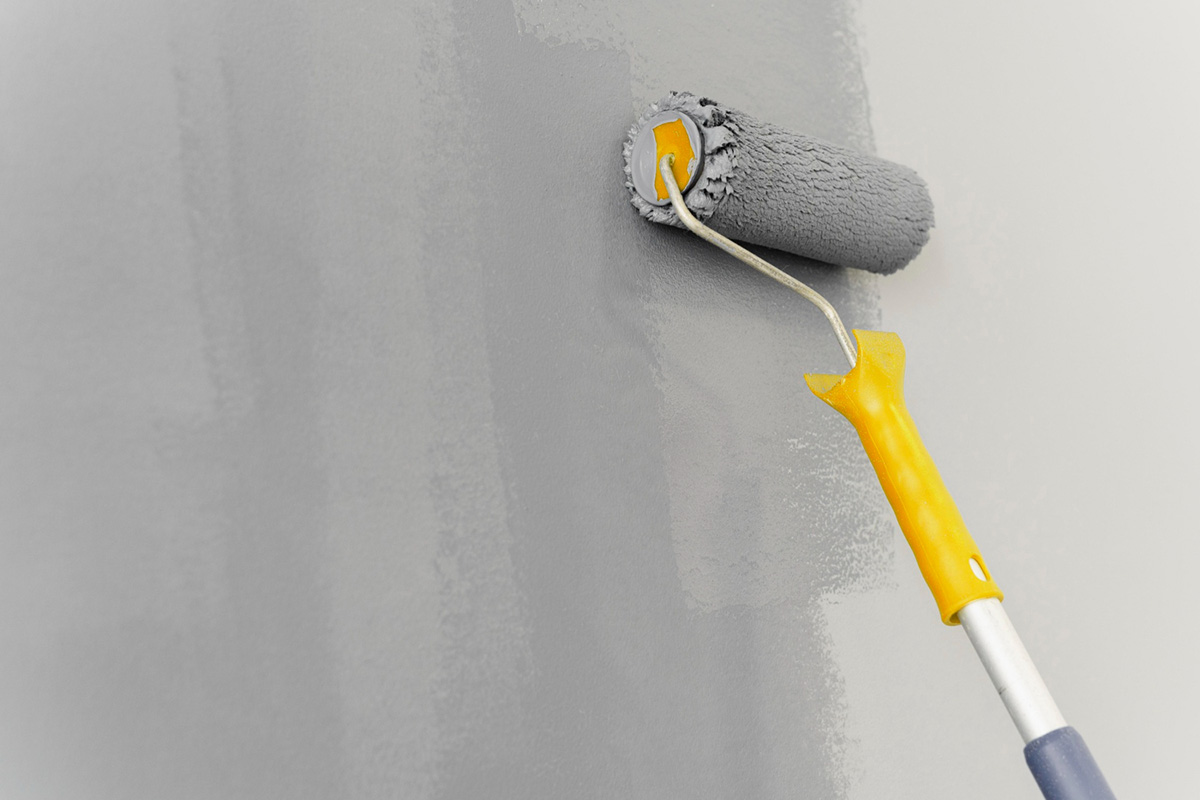The Most Common Commercial Painting Scams

As a business owner, dealing with scams can be frustrating and draining. One of the most prevalent scams in the commercial painting industry involves dishonest painters who con their clients for a quick buck. Falling prey to these tactics could cost you time, money, and even legal problems. As a customer, it's essential to be aware of these common painting scams to ensure that you entrust your painting project to a credible and trustworthy painting company. Keep reading to learn about some of the most common commercial painting scams and how you can avoid them.
1. Phantom Coating Services
Some unscrupulous painting companies offer “phantom coating” services that are nonexistent. They may claim that they are applying a new layer of paint or special coating to your walls and may even give you a receipt for the said service. However, the only thing they applied is a thin layer of a cheap product that doesn't provide any expected results. The best way to avoid this type of scam is always to insist on a detailed painting proposal, outlining all the services, products, and terms of the project.
2. No Proof Of Insurance
Commercial painters who lack insurance are a liability to your business. They may be uninsured for property damage, accidents, or incomplete work, and should something happen, you'd have no legal protection. Always ask your painter for a copy of their insurance certificate before signing a contract with them. If they can't provide this, then it's best to move on and find a painter who is fully insured.
3. Low-ball Estimates
The infamous low-ball estimate strategy involves getting the client's attention by offering an exceptionally low painting quote and then convincing them to sign the contract. However, unsuspecting clients don't realize that the estimate doesn't include almost everything that the project requires, leaving room for the painter to charge more once the work begins. The best way to avoid this strategy is to get quotes and compare them thoroughly, and steer clear of any painters who give a surprisingly low estimate.
4. The Bait-and-Switch Tactic
Dishonest painters may use bait-and-switch tactics to raise their profits. They advertise a service or product at a low rate, but once you hire them, they may start adding hidden charges, unapproved materials to your project, and charge more. Always ensure that you've read and understood the contract before hiring any painting company.
5. Refusing To Sign A Contract
If your painter refuses to sign a contract, it's best to stay as far away as possible from them. Regardless of how smooth-talking or friendly they may appear, expert painters would always draft a proposal and sign a contract before starting any project, outlining the expectations of both parties.
Conclusion
Hiring the right painting company for your commercial property is crucial to a successful painting project. As you've seen from the examples we've highlighted in this blog, there are a lot of dishonest painters whose goal is to scam you and get your money with little to no regard for your satisfaction. However, knowing the common painting scams and working with a reputable painting company like Lakestone Painting could prevent you from becoming a victim of painting fraud. So, if you're looking for professional painters in Orlando, FL, with a reputation for honesty and quality painting services, contact Lakestone Painting today for a free consultation!